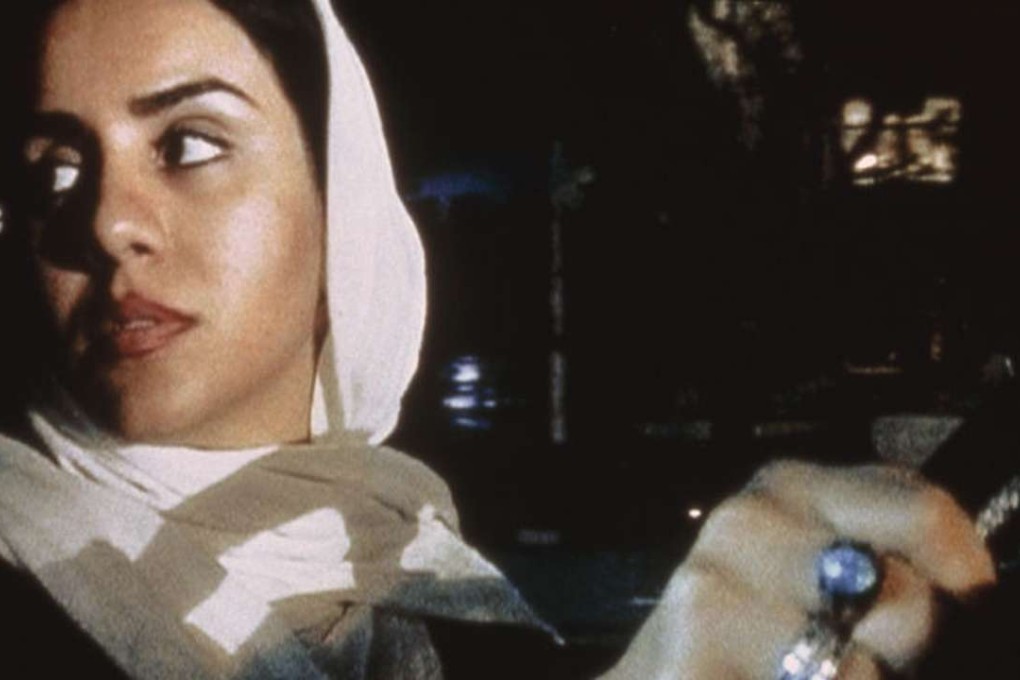Flashback: Ten (2002) – Abbas Kiarostami’s experimental road movie gives voice to Iranian women
The first of Kiarostami’s films to be banned in his native country, Ten consists of a series of conversations filmed with two cameras mounted on a dashboard. From this simple premise comes a fascinating and insightful work by a master of cinema

Although Ten unspools like a documentary, it’s actually a fiction, with the characters improvising over outlines they discussed with the director before setting out on their drives.
The film features conversations between a female driver (played by Mania Akbari) and the passengers she drives around Tehran. Some of the dialogue is with her aggressive young son, Amin (Amin Maher, Akbari’s real son), who hasn’t forgiven her for divorcing his father. Other passengers include a prostitute and a friend in a troubled relationship. The outside world passes by as a montage of traffic sounds.
